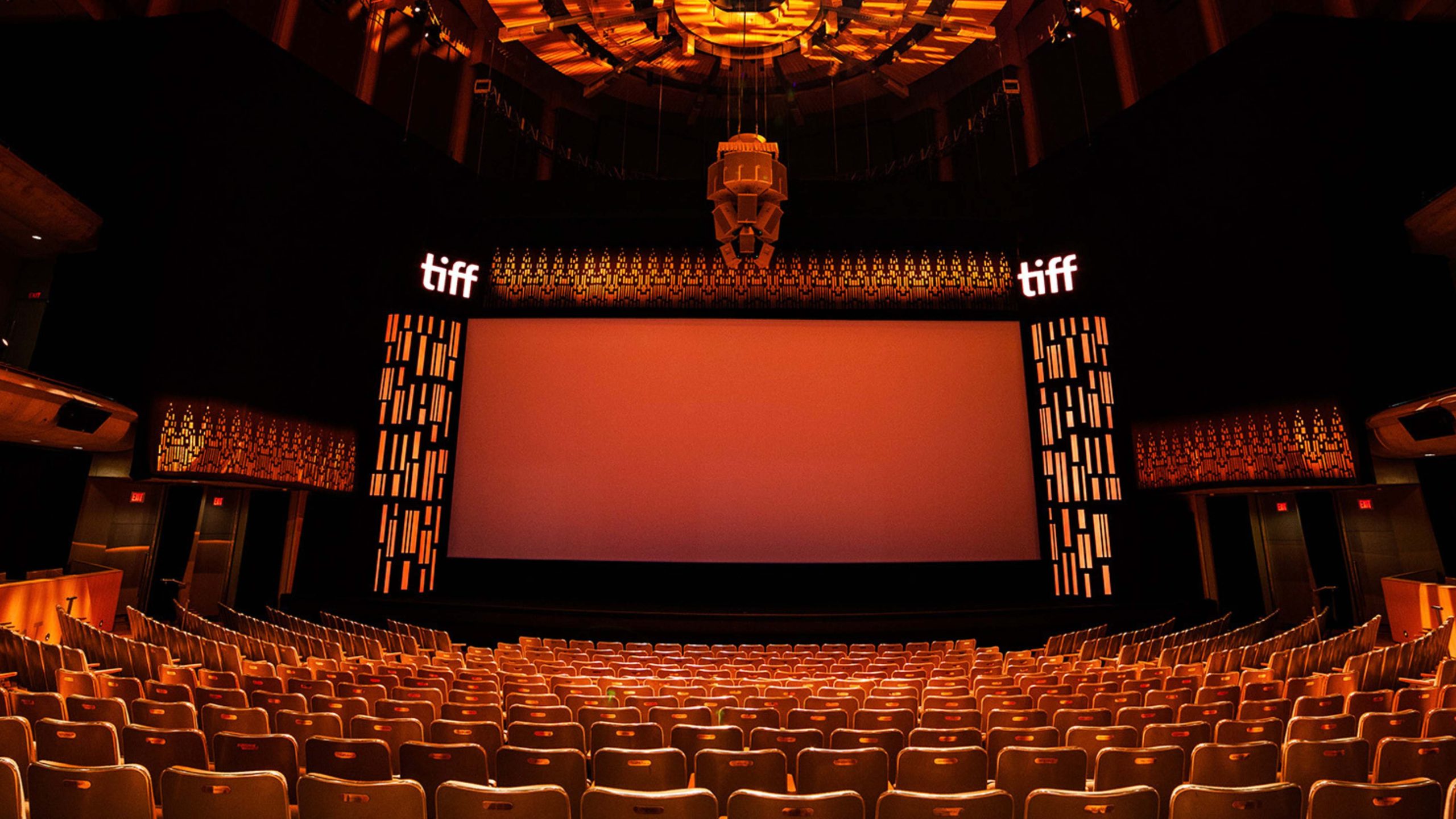Culture Counsel is a monthly column written by Ashlee Froese that focuses on the intersection of pop culture and law.
September is here, which means that now we have to reluctantly trade in our beach towels for briefcases. Lucky for Torontonians, it also means that we get to trade in our summer concert and food festival tickets for movie tickets to the Toronto International Film Festival (TIFF)—and if you’re very lucky, an exclusive invite to a non-ticketed industry event. Starting from humble beginnings, TIFF launched in 1976 and has since become one of Canada’s signature events, whereby it is now globally recognized as a leading film festival. Throughout TIFF’s 11-day span, Toronto becomes the epicenter of the film industry, where films are premiered, business deals are made, a street festival is launched, celebrities are celebrated, events are hosted in abundance, and the hospitality industry flourishes.
Leveraging Partnerships
As with any festival, TIFF started humbly. TIFF’s rise to global prominence is credited to a series of strategic partnerships and alliances that have both elevated and benefitted from the TIFF brand.
Foundationally, TIFF’s leverage of its movie roster and cast of movie celebrities who are contractually obliged to promote the movies is a key partnership that drives immediate attention to TIFF. In the lead-up to TIFF, each year press and the general population vibrate with excitement with TIFF’s list of confirmed celebrities that will be present each year at TIFF. There is an unmistakable buzz in town. Who can be seen where? Lines form around the opening of movies, as much as the entrances of hotels for that rare glimpse of someone famous (or infamous). Restaurants that are known to be celebrity hubs become booked up. Would TIFF have become so commercially impactful were it not for celebrity appearances? Probably not. However, last year’s Hollywood writer and actor guild strike, proved exactly how resilient and quick to adapt the festival can be.
With TIFF’s obvious global notoriety, natural affiliation with celebrities, and promotion of inherent mass-marketed consumer-driven products (i.e. movies), brand alignment with TIFF through partnerships is attractive. TIFF’s website currently lists a bevvy of partners that range from media, banks, jewelry, airlines, accounting firms, apparel, coffee, cosmetics, social media apps, logistics, magazines, hotels and restaurants, and more. Although the details of each partnership agreement are confidential, it is foreseeable that the deals range from financial sponsorship to in-kind donations that cut TIFF’s operating costs.


Sponsorship deals may come and go, but TIFF’s relationship with the Canadian government is ongoing. The Canadian government has instituted a grant system whereby non-dilutive funding and loans are available. Such funding can be issued from the Federal, provincial, and/or municipal level, targeting different aspects of the festival. For example, TIFF partnered with Infrastructure Ontario in respect of the building of the TIFF headquarters, which is a 153,000 square foot, 5-story multi-use complex in the heart of downtown that houses offices, cinemas, galleries, restaurants, retail stores, and research space. According to Infrastructure Ontario, TIFF obtained a $46 million loan to assist with the construction of the headquarters. This investment by the government helped to generate 1,300 full-time construction jobs whilst the LightBox was built. In another example of the Canadian government’s support of TIFF, the Federal Economic Development Agency for Southern Ontario issued a grant of $10 million to support TIFF’s return to being an in-person event post-Covid. These funds were slated to assist TIFF with increasing the number of indoor venues used for screenings, supporting the return of the street festival, and managing health concerns. Why does the government want to strategically align with festivals such as TIFF? Return on investment. TIFF has a significant trickle-down effect on the economy. According to the Federal Economic Development Agency for Southern Ontario, TIFF attracts over 700,000 visitors to Toronto in an 11-day span. Impressively, TIFF accounts for, depending on your source, up to $170 million in economic activity. The more the government invests in platforms like TIFF, the more people are hired, the more services are sold, and so on, which translates into a boost for the economy.
The Takeaway
In my estimation, TIFF is a success story and these stories can be a litmus test for best practices for other festivals wanting to expand. Toronto, and indeed, Canada, is filled with noteworthy festivals that have loyal followings. Followings of hundreds can become followings of hundreds of thousands. But this will not happen without a strategy. This includes structuring partnerships, leveraging brands in collaborations, negotiating sponsorship deals, and navigating the government’s grant funding system. At the root of these deals is proper business planning, comprehensive research into grant funding, and the execution of comprehensive written contracts.
Ashlee Froese is a branding lawyer who founded Froese Law, a boutique law firm that focuses on the intersection of pop culture and law.













